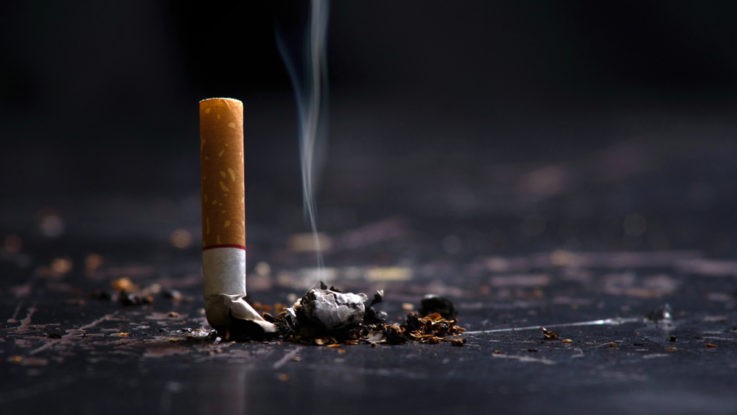
Some cities in Europe have come up with unique ways of dealing with cigarette butts. Cigarette butts can take 15 years to decompose and can contaminate water with the 4,000 different chemicals which make up their composition. Experts estimate that each butt contaminates 500 liters of water. Brussels, Belgium has estimated that butts make up 30% of the street litter in the city, and people throw out an estimated 30 million butts in Belgium every day.
Brussels’ Alderman of Public Cleanliness. Zoubida Jellab has been focussing on this problem for the last two years. In the last year, over 900,000 cigarette butts were collected by installing special ashtrays on streets to help separate the butts and by tightening control over cigarette littering by increasing the number of issued fines. The fine for littering a cigarette butt has been increased from 50 to 200 euros.
The city has partnered with We Circular – a start-up aiming to promote a circular economy in Belgium. We Circular sends the collected butts to France where a subcontractor cleans the material and then uses it as raw material to produce office accessories such as clocks, coasters, and ashtrays.
Other uses for the collected butts have been found by MéGO and CKFD in France, who specialize in the process. The butts are crushed, cleaned, depolluted, dried, and then pressed at very high temperatures. The material created can be turned into plastic plates which are then used to make benches, pencil cups, tables, palettes, or other items. In this way, waste is transformed into a useful part of urban furniture.